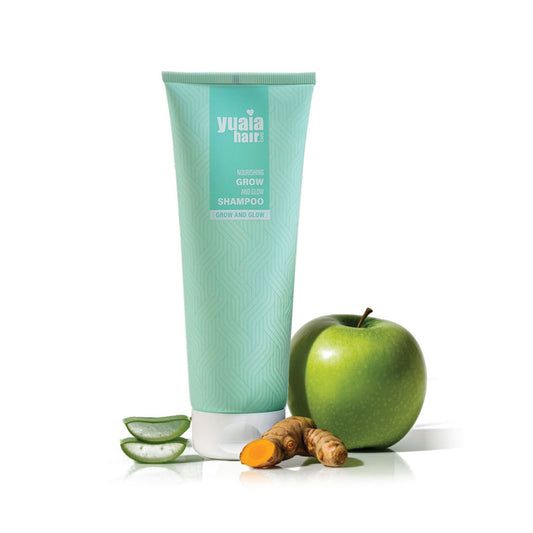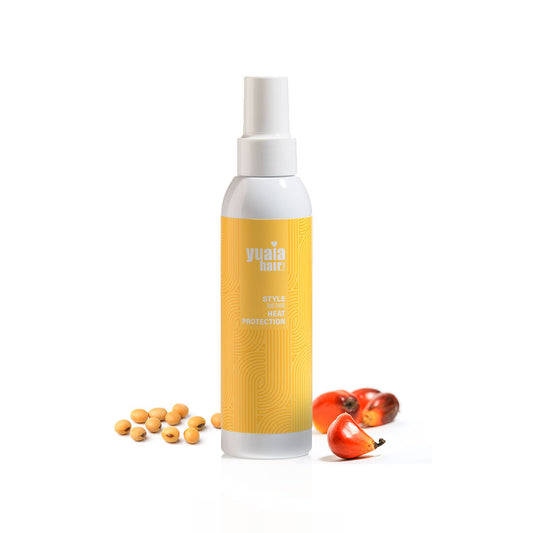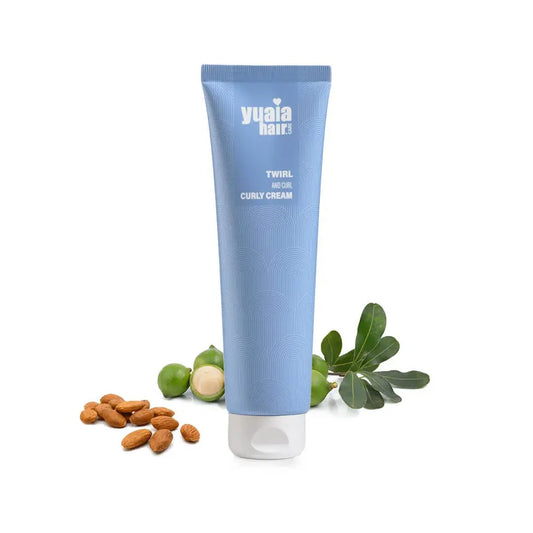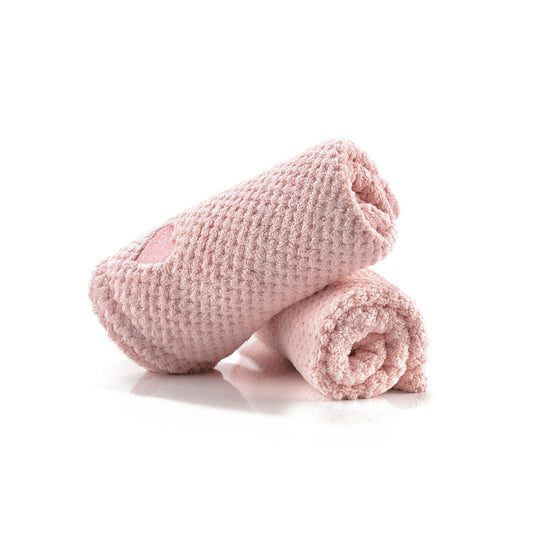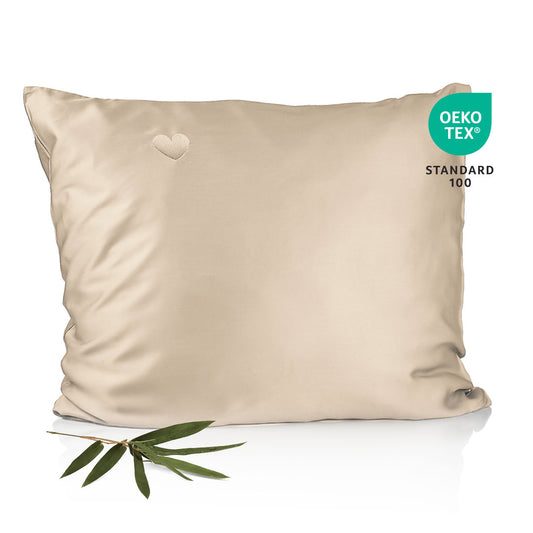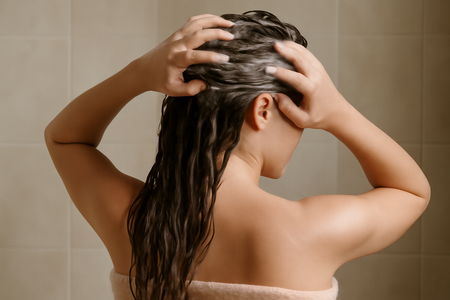
Washing hair with hot water
Hot water might feel soothing, especially during colder months, but it can be detrimental to your hair health. The high temperature strips away essential oils, leaving hair dry and more prone to breakage. Furthermore, hot water can weaken hair, making it appear dull and lifeless. To maintain your hair's natural moisture balance, it's advisable to wash with lukewarm water. This simple change can help preserve the hair's natural shine and strength, ensuring it remains vibrant and healthy.
Skipping regular trims
Neglecting regular hair trims is a common mistake that can lead to split ends and hinder healthy growth. Split ends, if left unattended, can travel up the hair shaft, causing more extensive damage. By scheduling trims every 6-8 weeks, you can effectively manage split ends and promote healthier hair growth. Regular trims not only keep your hair looking fresh but also contribute to its overall health by removing damaged ends.
Using wrong products for hair type
Using products not suited for your hair type can exacerbate existing issues or create new ones. For instance, heavy products on fine hair can lead to limpness, while lightweight formulas may not provide enough moisture for thick, curly hair. It's crucial to select products that cater to your specific hair needs. For those with curly hair, our Twirl and Curl curly cream offers definition and hydration without weighing down your curls. Tailoring your hair care routine to your hair type ensures it receives the right balance of nourishment and care.
Applying conditioner to roots
Conditioning the scalp can result in buildup and excess oil, leaving hair looking greasy and weighed down. Instead, focus on applying conditioner to the mid-lengths and ends, where hair tends to be drier and more prone to damage. This approach helps maintain volume at the roots while ensuring the lengths receive the necessary moisture. By adjusting where you apply conditioner, you can enhance your hair's overall appearance and health.
Tight hairstyles
Consistently wearing tight hairstyles, such as ponytails or buns, can lead to traction alopecia and breakage, particularly along the hairline. The constant tension from tight styles can weaken hair and cause it to fall out. To prevent this, opt for looser styles and vary your hairstyles regularly. This simple change can reduce stress on the hair and promote healthier growth. Additionally, using soft hair ties can further minimize breakage and protect your hair.
Neglecting deep conditioning treatments
Dry or damaged hair often requires more than just regular conditioning. Deep conditioning treatments provide intensive moisture and repair, helping to restore hair's health and luster. Incorporating a deep conditioning treatment into your routine once a week can significantly improve hair texture and resilience. These treatments penetrate deeper than regular conditioners, offering long-lasting hydration and repair.
Excessive coloring or chemical processing
Frequent coloring or chemical treatments can lead to long-term damage if not managed carefully. These processes can weaken hair, making it brittle and prone to breakage. To mitigate damage, space out treatments and use restorative products to support hair health. By giving your hair time to recover between treatments, you can maintain its strength and vitality.
Additional considerations for healthy hair
Beyond the common mistakes already discussed, there are additional factors that can influence the health and appearance of your hair. Paying attention to these elements can further enhance your hair care routine and contribute to achieving your hair goals.
Proper drying techniques
How you dry your hair can significantly impact its health. Vigorous towel-drying can lead to breakage and frizz. Instead, gently pat your hair dry using a soft, absorbent material like a microfiber towel. This helps to minimize friction and preserve the integrity of your hair cuticles.
Choosing the right pillowcase
The material of your pillowcase can affect your hair's health. Opting for a bamboo pillowcase can reduce friction, prevent tangles, and help maintain moisture levels in your hair overnight. Bamboo is a gentle fabric that supports hair health while you sleep.
Scalp care
A healthy scalp is the foundation for healthy hair. Regular scalp massages can stimulate blood circulation, promoting hair growth and overall scalp health. Incorporating a nourishing product like our Rosemary oil can enhance these benefits, providing essential nutrients and hydration to your scalp.
Frequently asked questions
How can I protect my hair from heat damage?
To protect your hair from heat damage, always use a heat protectant spray before styling with hot tools. Limiting the frequency of heat styling can also help reduce the risk of damage.
What is the best way to detangle hair without causing breakage?
Use a wide-tooth comb or a gentle brush like the Curvy Brush on damp hair to gently detangle and minimize breakage.
Why should I avoid washing my hair with hot water?
Hot water can strip the hair of essential oils, leading to dryness and damage. Using lukewarm water helps preserve your hair's natural moisture balance.
How often should I get a hair trim?
Scheduling trims every 6-8 weeks helps prevent split ends and promotes healthy hair growth.
What products should I use for my specific hair type?
Choose products tailored to your hair type to address your specific needs. For example, our sulfate-free options are suitable for various hair types, providing gentle care and nourishment.
 2-5 day delivery
2-5 day delivery
 25.000+ satisfied customers
25.000+ satisfied customers
 Satisfaction Guarantee
Satisfaction Guarantee



















